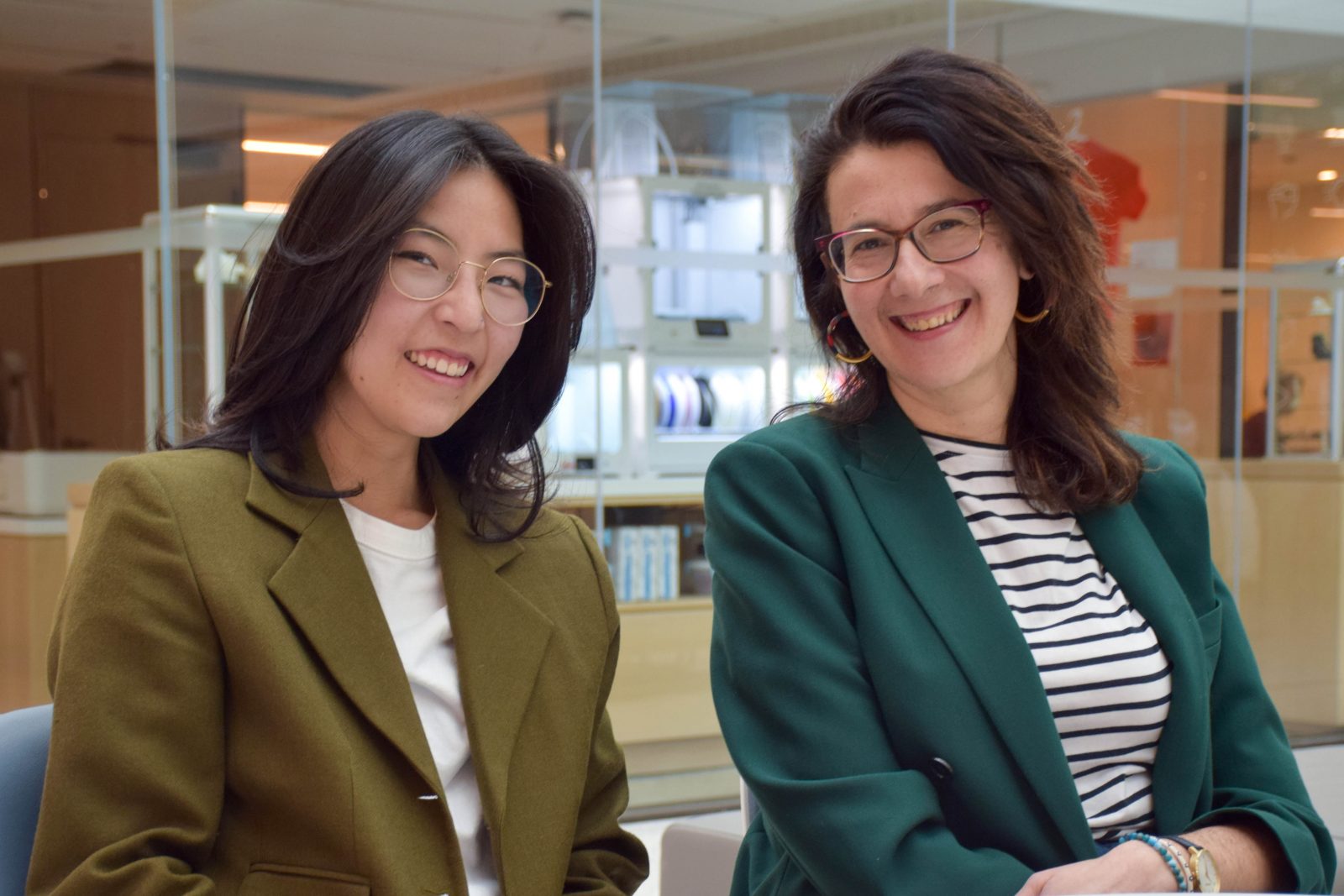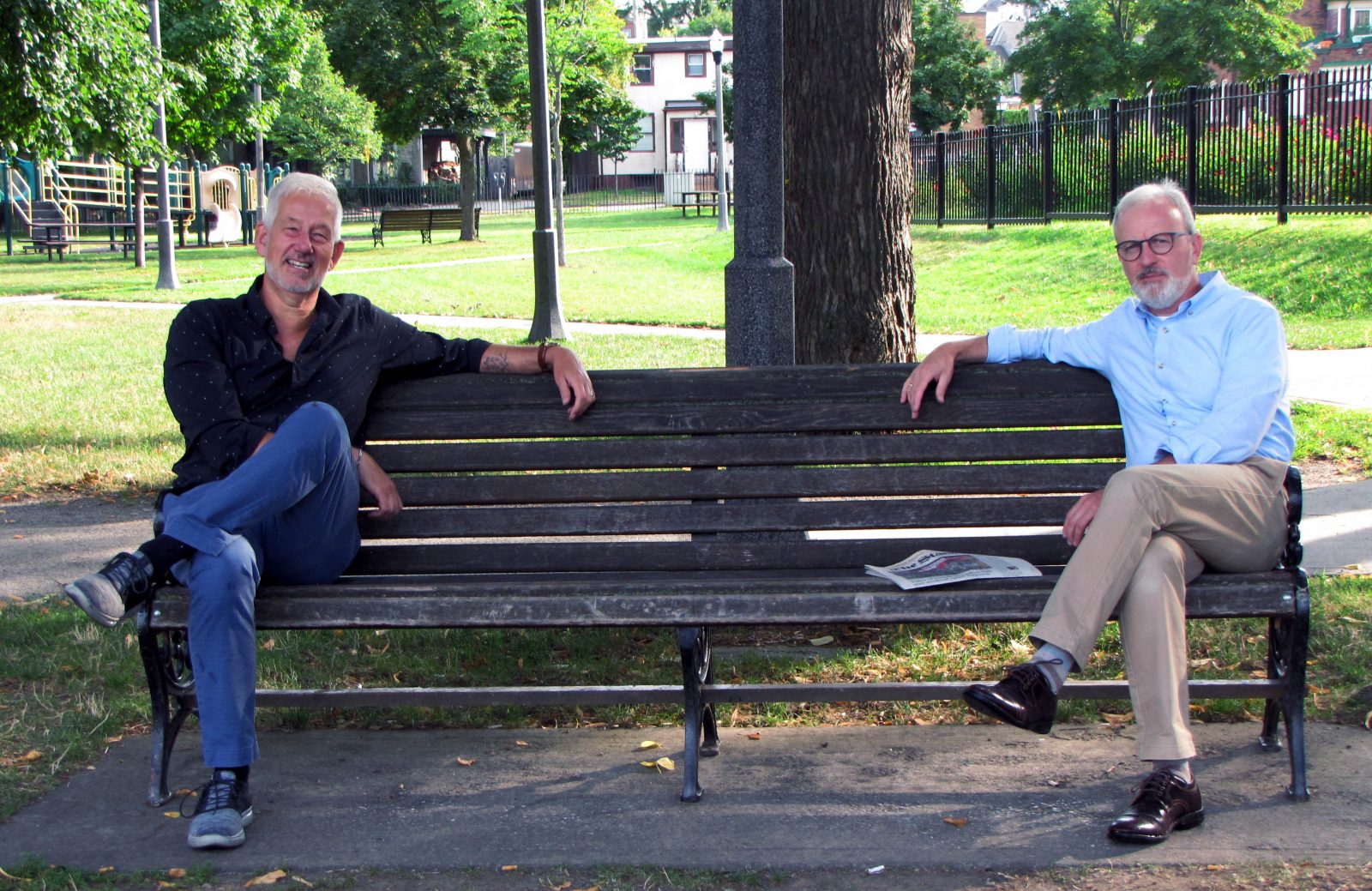After spending much of her fourth year examining the experiences of women who own small businesses in downtown St. Catharines, Brock student Daria Do is sharing her findings — and related recommendations — with the community.
Do presented her undergraduate thesis research, completed under the supervision of Associate Professor Ebru Ustundag in the Department of Geography and Tourism Studies, to business leaders from the St. Catharines Downtown Association, the Greater Niagara Chamber of Commerce and Innovate Niagara on Wednesday, Feb. 14.
An entrepreneur herself, the fifth-year Concurrent Teacher Education student set out to look at social-spatial relationships and the gender dynamics that shape local female business owners’ experiences, as well as the personal and institutional support systems available to them.
With support from Ustundag and her second reader, Professor of Geography and Tourism Studies Michael Ripmeester, Do interviewed six out of a possible 16 women business owners in the downtown core at the time of the research, which began in August 2022.
Several themes emerged during these interviews, from financial barriers encountered when pursuing loans and grants to the impacts of the COVID-19 pandemic.
“A lot of the participants had to make some challenging decisions to lay off their team and work by themselves, taking on all of the business tasks — from labeling to producing to marketing to maintaining an online shop and making deliveries,” Do says.
The role of support networks — whether it was family members helping out or official programming — proved to be crucial, particularly in identifying opportunities such government grants like those attached to the Digital Main Streets program.
According to Do, the participants also showed a strong commitment to an inclusive downtown and diverse urban culture.
“They don’t just care about their own store. They care about their customers and about their neighbouring business owners and that everyone’s successful, not just themselves,” says Do. “That cohesiveness and ability to be empathetic towards other people, I think, is something super special in downtown St. Catharines, something very unique.”
During the presentation, Do and Ustundag offered recommendations based on the thesis interviews, including a networking program specific to women small business owners that caters to the needs and schedules of working caregivers and paid mentorship opportunities to help further strengthen local connections.
“The presentation was a gratifying experience that allowed me to share my passions for the purpose of my research and illuminate the positive stories coming out of downtown St. Catharines,” says Do. “More importantly, it was a unique opportunity to be able to amplify the significance of having a geographical lens when trying to understand the changes in downtown St. Catharines and how female small business owners are active participants of this urban culture.”
Ustundag says that Do’s work has particular significance because much of the existing research in Canadian urban economic geographies relates to large metropolitan centres.
“I am continuously impressed by Daria’s dedication, curiosity and enthusiasm about conducting qualitative research as an undergraduate and as a first-generation student,” says Ustundag. “During her presentation, she made an excellent case about how critical geographical analysis is so vital in understanding the complex economic and social relationships in downtown St Catharines.”
In all, Do says it was an honour to be able to learn from the experiences of her research participants, and that pursuing an undergraduate thesis created some great opportunities overall.
“There are times that it is difficult, but it’s so rewarding in the end to be able to look at where I was, look at where I came from and what I learned from this experience,” says Do. “I learned about writing, about slowing down and paying close attention to detail, and I gained so many strong connections and relationships with my department and also my community. That’s something I will always appreciate.
Story reposted from The Brock News.














